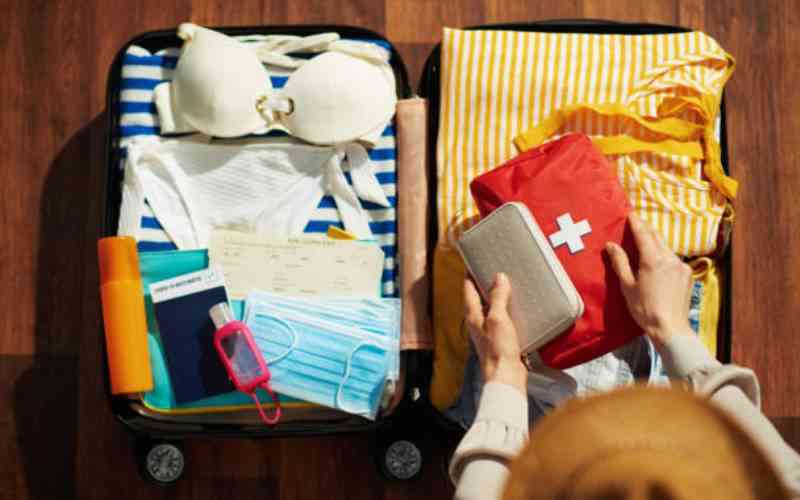×
The Standard e-Paper
Fearless, Trusted News

For many, the idea of travel preparedness is linked to a list of items ranging from means of travel, accommodation, budget, and itinerary of things to do. Rarely does it include anticipated mishaps that a traveller might encounter.
While travelling many things can go wrong including an unexpected health scare or accidents.